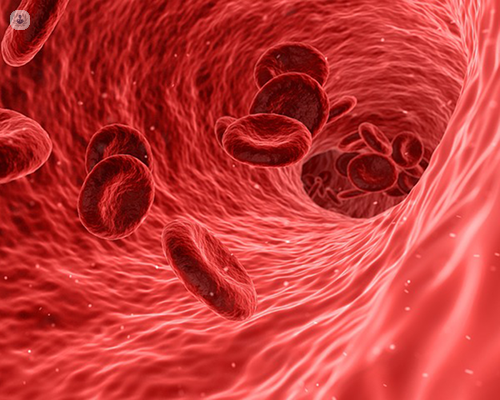What are the risk factors associated with anaemia?
Escrito por:Anaemia is a condition characterised by a reduced number of red blood cells or insufficient haemoglobin, the protein in red blood cells that carries oxygen. This reduction can lead to symptoms like fatigue, weakness, shortness of breath, and pale skin due to the body’s reduced oxygen supply. Anaemia affects millions globally and can occur at any age, with varying causes, types, and treatments.

Types
The most common type of anaemia is iron deficiency anaemia, which occurs when there isn’t enough iron to produce adequate haemoglobin. This can result from blood loss, poor dietary intake, or problems with iron absorption. Pregnant women, children, and individuals with chronic diseases are particularly vulnerable.
Another type, vitamin deficiency anaemia, is caused by insufficient vitamin B12 or folate, both necessary for red blood cell production. Without these vitamins, the body produces fewer and larger red blood cells, leading to megaloblastic anaemia. Sickle cell anaemia is a genetic form of anaemia where red blood cells are shaped abnormally, leading to blockages in blood flow and causing pain, fatigue, and potential organ damage.
Risk factors
Chronic diseases, such as kidney disease or autoimmune disorders, can also lead to anaemia by inhibiting red blood cell production. In such cases, anaemia often occurs alongside the primary illness, making treatment challenging. Haemolytic anaemia, another form, occurs when red blood cells are destroyed faster than the body can replace them, often due to autoimmune conditions or certain medications.
Diagnosis
Diagnosis of anaemia usually involves blood tests to measure haemoglobin levels, red blood cell count, and other indicators. Depending on the type and severity, anaemia treatments vary widely. Iron deficiency anaemia, for example, is often treated with dietary changes and iron supplements, while vitamin deficiency anaemia may require B12 or folate supplements.
For genetic types like sickle cell anaemia, treatments focus on symptom management and may include medications to reduce pain and blood transfusions. Chronic anaemia may require treating the underlying disease to improve red blood cell production.
While anaemia can often be managed effectively, untreated anaemia can lead to severe complications, including heart problems and decreased immunity. Early diagnosis and tailored treatment are essential for improving quality of life and minimising health risks associated with anaemia.


